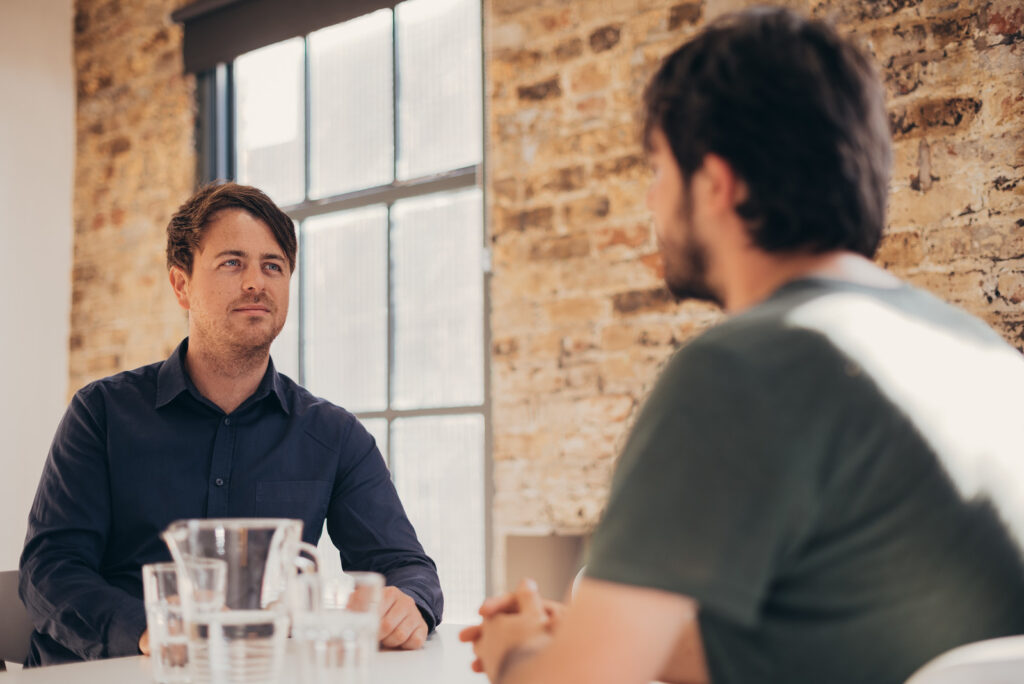As a psychotherapist, a lot of clients believe that you are almost impenetrable when it comes to mental health and suffering. However, suffering is a huge reason why many people get into the profession of counselling; they train in order to ease the pain that they are very similar with and can see in others. This applies to me and helping people with anxiety and particularly those with agoraphobia.
Since the lockdown instigated by Covid-19, a lot of us have been pressured to remain in doors in order to keep ourselves safe from the pandemic. This means that a lot of us have had to stop our routines, retreat inside and try to adjust, or habituate, to a new lifestyle. For a lot of people, this has been anxiety-inducing, not just because of the threat of a dangerous virus, but also the plethora of worries that come with the halting of our comfortable routines. This obviously doesn’t apply to everyone, but for people who are susceptible to worry, or suffer from anxiety, this can be the instigator for a consuming anxiety problem. Some may have found ways to cope, such as through meditation or by consuming THC edibles, but some may have found it harder than others.

Agoraphobia is the fear of open spaces, such as going outside and leaving the house. When working with my clients, I explain that it is the fear of not being able to get back to a ‘safe zone’ if we begin to feel the uncomfortable sensations of panic. Interestingly, to me, Agoraphobia doesn’t mean that we actually fear open spaces; a more accurate definition would be the fear of fear itself in places where we feel we cannot cope with it. I reframe it this way when working with clients. If you are suffering from agoraphobia, just remember that this isn’t anything separate from anxiety. Just tell yourself “I’m scared that I will get anxious away from home.”
I have had so many agoraphobia related enquiries from clients as a result of lockdown and it makes a lot of sense to me. We withdraw, we have time to reflect and worry, we are told the outside is literally dangerous, we then condition the anxious brain that we can only operate in our ‘safe zones’.
Using exposure, gradually reintroduce yourself to places that you used to. You must be willing to feel anxious, but rest assured this response turns off if you dismiss it and continue. If you feel you need support in doing so, then utilise the help of a therapist, or loved one, to help you get things back to normal again.
Please feel free to check out my website and books on anxiety at www.thepanicroom.co.uk




